What happens when Russia can’t pay its debt?
Sanctions will make it all but impossible for Putin to pay his interest bill. Last time this happened, it helped trigger a global cataclysm. Are we in for a repeat?
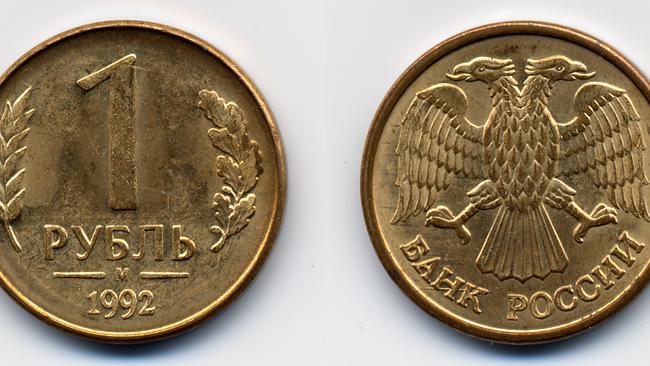
Bob Diamond knows exactly where he was in August 1998. And it was not on a summer holiday. The American was at his desk in the Canary Wharf headquarters of Barclays Capital and, like bankers across the City, had his eyes glued to trading screens as Russia defaulted on its debt in what was — at the time — the largest sovereign default in history.
As Russia stands days away from missing a $AU160 million payment on its debt, the financial world is braced for the fallout.
For Diamond, the default of ‘98 could have been career ending. The trading operation he ran blew a $AU446 million hole in the high street bank as a result of the Russian economic crisis. Recriminations flew. Diamond offered to resign. His boss at the time, Martin Taylor, refused, then lost his job instead.
Years later, Taylor asserted that the American banker’s team had exceeded their Russian credit limits, which Diamond denied. But, as he reflected on those events almost a quarter of century later, Diamond admitted he had to move quickly, shutting down the trading desk that took bets with the bank’s own money rather than for clients.
Speaking last week, he recalled: “We made a decision to exit proprietary trading. That kind of risk taking is not appropriate in a bank. It’s more fitting in a hedge fund. Our traders had taken risk positions that didn’t work.”
Diamond became chief executive of Barclays in 2011 but was ousted a year later during the Libor rigging scandal.
The impact of the Russian debt default at Barclays was only part of a plot that had global ramifications. Other banks also lost millions. The Russian crisis came just a month before the US Federal Reserve orchestrated an unprecedented $AU4.94 billion bailout of the hedge fund Long Term Capital Management, which had already been under pressure before the emerging markets crisis that had started in Asia, reached Russia.
On Wednesday, the financial markets will get a taste for what happens when Russia defaults on its debts again.
The problem
While the financial markets are braced for default, they have also been taken by surprise. Until Vladimir Putin invaded Ukraine, investors had regarded the Russian government as a good creditor, likely to pay its debts on time. The $US1.6 trillion economy has built up reserves of $US630 billion. There had been few concerns about the state’s ability to make interest payments worth a combined $US117 million on two bonds on Wednesday.
Putin’s aggression changed all that. Sanctions imposed by Britain, the EU and America have impeded his ability to get hold of the dollars he needs for the interest payments. Fitch warned last week that a “sovereign default is imminent”.
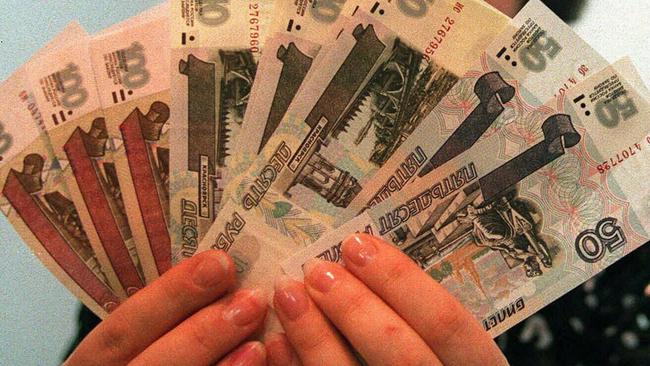
The Russian president has already issued a decree forcing a re-denomination of foreign-currency sovereign debt payments into local currency. That means that if even Russia does make payments on Wednesday in roubles, rather than in the dollars that are due, it risks being deemed to be in default on its debts. The situation is unclear and likely to remain so for weeks — if not months.
When Russia defaulted in 1998 it was on its domestic debt, not its international borrowings, which would be the case this time. The last time that happened was in 1917 after the Bolshevik revolution.
Mohamed El-Erian, the legendary bond investor, knows all too well about the problems that can arise. He was in London as head of emerging markets at Salomon Smith Barney (now part of US bank Citi) helping clients navigate the 1998 Russian default. “You are going to see mounting arrears out of Russia,” said El-Erian, who went on to forge his reputation at bond training house Pimco, where he helped it steer clear of Argentina’s default in 2001. “It’s going to be part of a massive financial dislocation,” added the president of Queens’ College Cambridge.
The fall out
Market watchers such as El-Erian look beyond the immediate impact of the default to the wider ramifications. He distinguishes between the systemic problems of the potential collapse of LTCM nearly 25 years ago and the potential for contagion, caused when investors want their money out of Russian debt funds, which sell other holdings to cover those requests. “When you can’t sell what you want to sell, you sell what you can” said El-Erian. “And that’s how contagion happens.”
The differences
This situation is altogether different from that in 1998, according to James Donald, head of emerging markets at Lazard Asset Management, who was also active in the markets at the time of the last default.
Russia’s economy was only eight years into its transition from communism. The price of a barrel of oil was as low as $US10, putting pressure on a Russian economy that needs oil to finance its expenditure. Now there are forecasts oil could hit $US200 — but any benefit to Russia seems unlikely to reach the economy as sanctions bite.
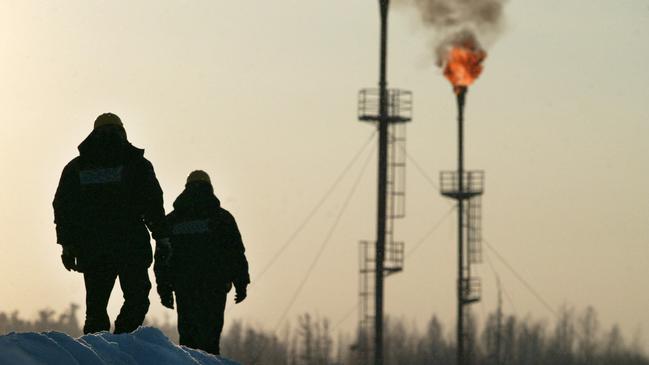
In 1998, recalled Donald, the international community wanted to help Russia, with the International Monetary Fund stepping in to help restructure the debt.
Now the Russian default is a function of the sanctions that have been imposed on Russia.
In the absence of the IMF, could China step in? John Lough, an associater fellow at Chatham House, who worked in Russia as the NATO representative in the 1990s, is not so sure. “What the Russians have done runs counter to Chinese interests. They’ve united the West,” said Lough.
The worry
Banks have already raced to tot up their exposure to Russia, where many had already stepped back in recent years. Barclays has withdrawn. Data from the Bank for International Settlements shows that French and Italian banks each have about $US25 billion of exposure and Austrian banks dollars $US17.5 billion. Updates have already been given to the market from the direct hits they could take.
Big defaults can impact markets in unthought-of ways. What might they be this time? A declaration of default is a technical issue for contracts written on complex financial instruments. There is a grace period of 30 days for payments so that would not start to be assessed until next month – and then will seem likely to drag on.
When it is, it could have implications for credit default swaps (CDS) — a sort of insurance product that pays out in the event of a default. Bond manager Pimco, according to the Financial Times, has sold CDS in expectation Russia would not default. It means Pimco has already taken losses of hundreds of millions of dollars.
Vulture funds, which sweep up distressed debt, are likely to be on the prowl although they tend to be having less luck than in the past. “If you ever think that Russia is at some point going to be back as a member of good standing with the global community, then Russian debt looks extremely cheap now. But you would really not want to be in a hurry to see the money,” said Paul McNamara, investment director at GAM Investments.
In the last default, Sir Howard Davies was chairman of what was then the City regulator, the Financial Services Authority. He recalled that “last time the problem was Russia was borrowing too much, the economy was in deep trouble, was fundamentally unstable and unviable”.
“Now the reason they will default is simply because they don’t have access to foreign currency because the sanctions are essentially cutting them off from the financial system.”
He added: “I don’t think it’s necessarily a kind of canary-in-the-coal mine moment where you have contagion effects.”
Investors will hope he is right.
The Times


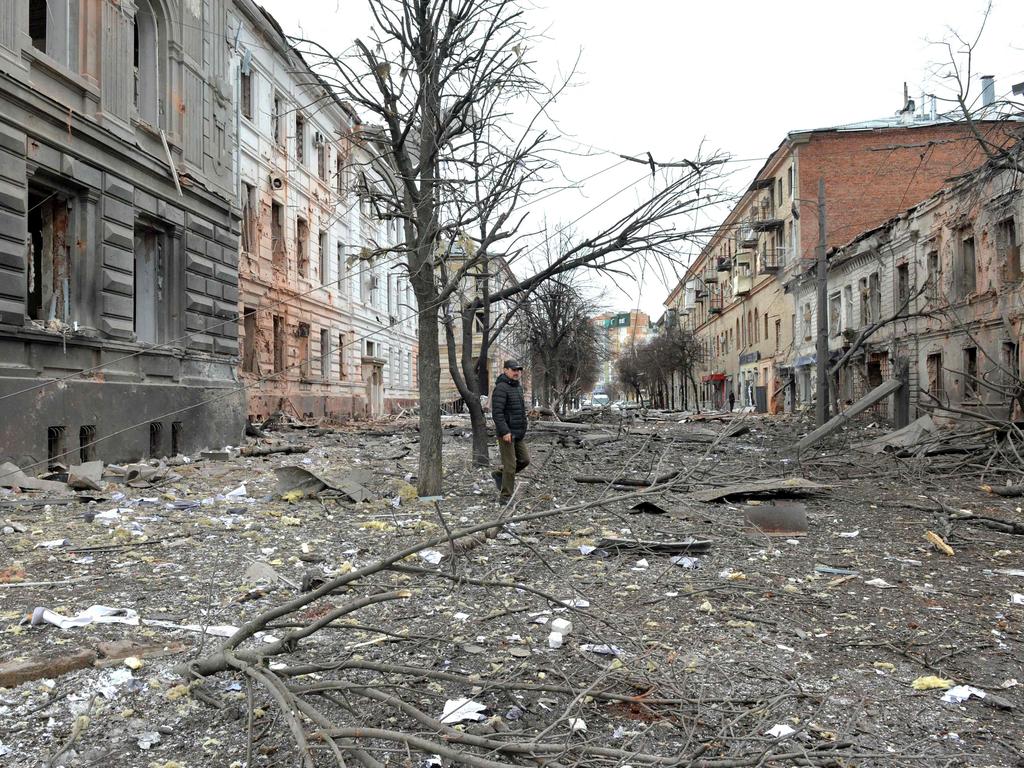
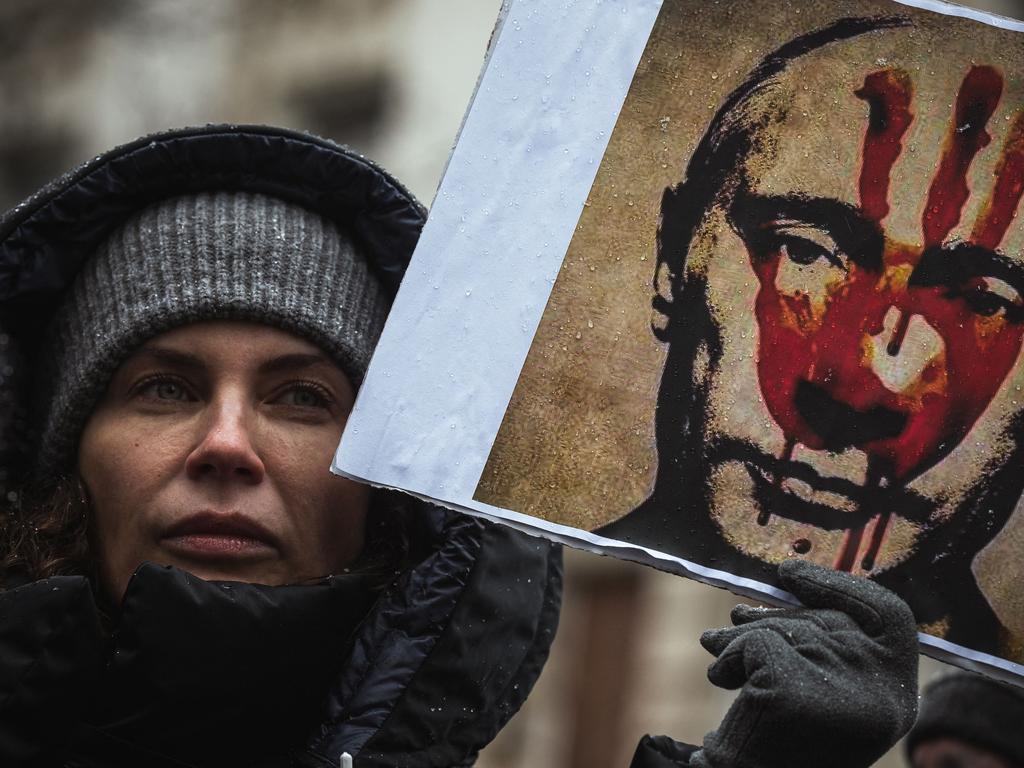
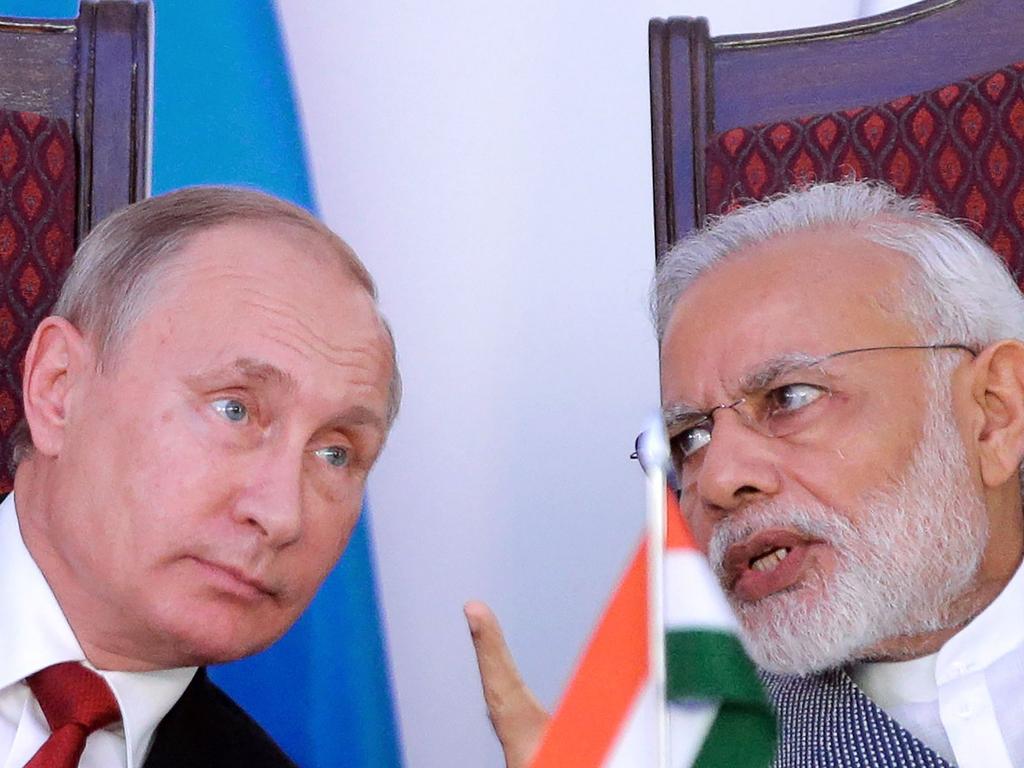


To join the conversation, please log in. Don't have an account? Register
Join the conversation, you are commenting as Logout